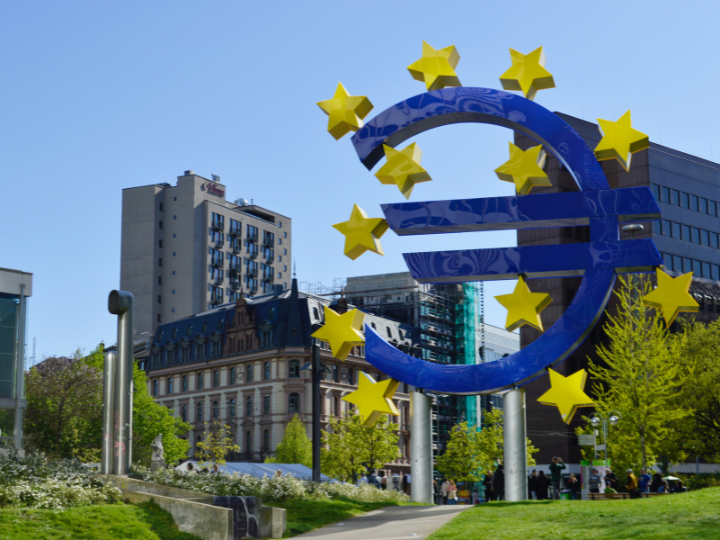by Annita Elissaiou
European Investment Bank (EIB) president Werner Hoyer highlighted the importance of climate action but warned of the risks of exploitation of the Global South during his speech at the Climate Ambition Summit at the 78th UN General Assembly.
The EIB chief underlined the necessity of ambitious climate action as a driving force for development in the coming years, and the role of renewables towards energy independence.
“Ambitious climate action is the great development accelerator for the years ahead: clean energy is now way cheaper, faster to deploy, and more reliable,” Hoyer said.
However, the development of clean energy should not come at the expense of the resource-rich South as the EU seeks to secure access to critical raw materials that are needed to manufacture things like batteries for electric vehicles or magnets used in wind turbines.
“It cannot be a one-way street. Climate action cannot become Colonialism 2.0,” Hoyer warned, speaking about the potential risks of an unfair deal with developing countries.
“As Europeans, we cannot just leverage on the South’s resources to produce green hydrogen – or mining for the critical raw materials that we need for batteries and electrification,” he added, saying “eye-level cooperation” will be needed for both sides to benefit.
The EU has acknowledged it will never be self-sufficient on critical raw materials and said it was looking to forge “win-win partnerships” with producing countries as part of its Critical Raw Materials Act, presented earlier this year.
The EU’s proposed trade model is presented as an alternative to China’s perceived ruthlessness when it comes to relations with resource-rich countries in Africa.
The EIB has pledged up to €1 trillion in support for climate action and environmental sustainability for the period 2021-2030, with the bank investing in projects that allow developing countries in Africa, Asia and South America to phase out polluting technologies and adapt to sustainable infrastructure and nature-based solutions.
Speaking at the Climate Ambition Summit, Hoyer said that there is no shortage of technological ideas and financial capital to address investment needs for the green transition.
“The key is to channel that capital to breakthrough projects, particularly in emerging and developing economies,” he added.
Multilateral Development Banks (MDBs) can significantly contribute to the delivery of financing on environmental projects and support clients in the public and private sector, the EIB chief commented.
“MDBs must do more. They must focus on doing the right things. But, also, on doing things right,” Hoyer said.
*first published in: Euractiv.com




 By: N. Peter Kramer
By: N. Peter Kramer
